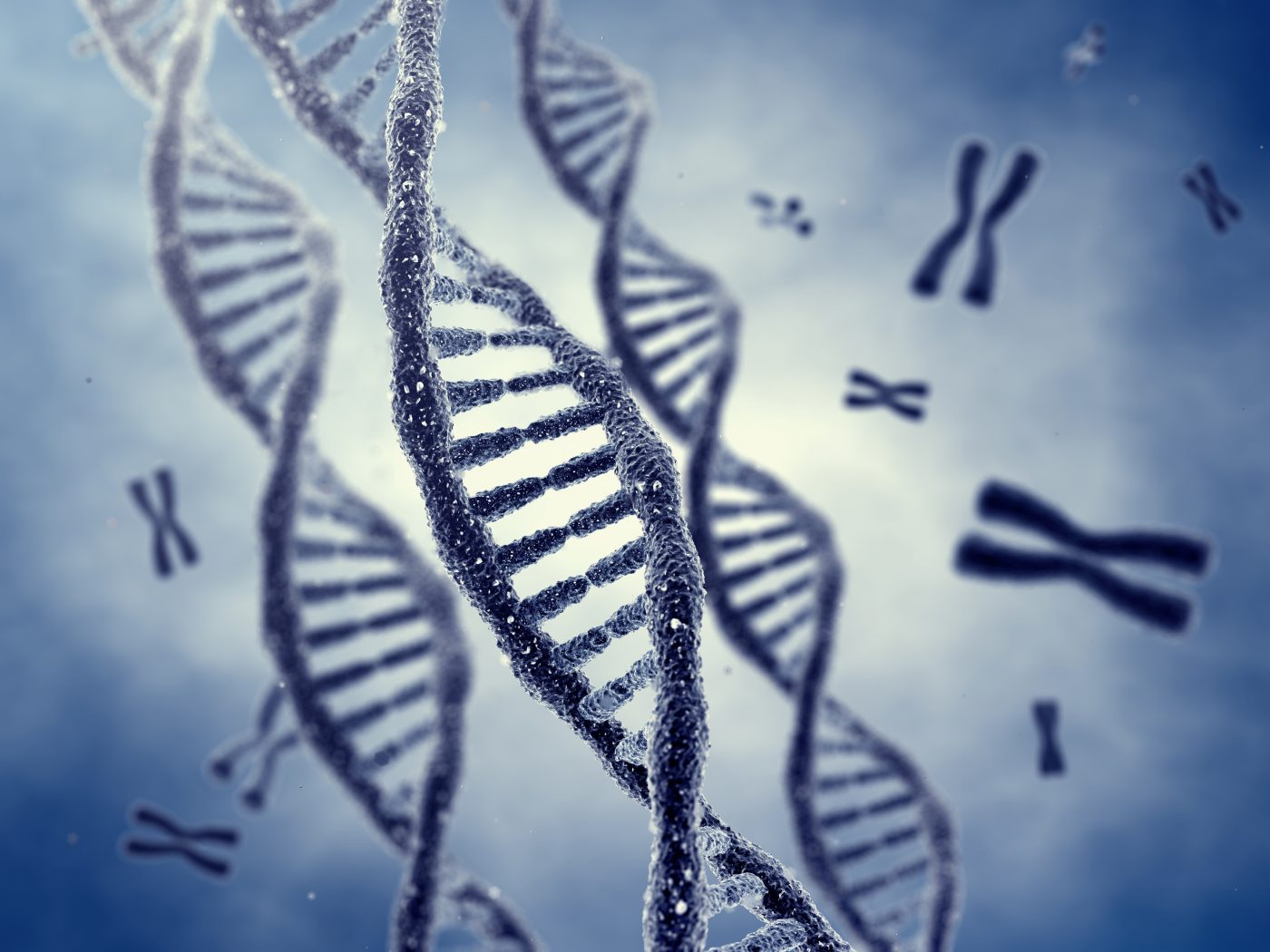 A recent study published in the journal Nature Genetics, focused on children with an aggressive cancer predisposition and the associated underlying mutations. The study is entitled “Combined hereditary and somatic mutations of replication error repair genes result in rapid onset of ultra-hypermutated cancers.”
A recent study published in the journal Nature Genetics, focused on children with an aggressive cancer predisposition and the associated underlying mutations. The study is entitled “Combined hereditary and somatic mutations of replication error repair genes result in rapid onset of ultra-hypermutated cancers.”
Biallelic mismatch repair deficiency (bMMRD) is a fatal condition that results in several brain tumors, lymphomas and gastrointestinal cancers (including colon cancer) by the age of 10, with children often succumbing before reaching adult age. Children with bMMRD have mutations in genes involved in mismatch repair mechanisms, a system that identifies and repairs errors in DNA. Subsequently, these children are unable to fix erroneous DNA alterations or damage while their cells are dividing.
Remarkably, researchers found that children suffering from this syndrome can have as many as 20,000 mutations in a time-window that can be as short as six months. This is highly unusual in cancers, since the majority experience a gradual growth and development of genetic mutations over an interval of several years.
In the study, the team discovered a new mechanism responsible for cancer progression that can potentially aid in the development of specific targeted treatment for these particular patients and eventually for other more common types of cancer. “This study provides a major step forwards in understanding why certain children are more susceptible to developing multiple cancers and can screen for this eventuality. In turn, this study allows us to begin to understand the steps that lead to cancer developing. Ultimately, we hope this leads to treatments to avoid the presently inevitable consequences of this predisposition syndrome” study author Dr. Richard Grundy from the Children’s Brain Tumour Research Centre at University of Nottingham said in a press release.
Analysis of children diagnosed with bMMRD led to the identification of a secondary mutation present only in the polymerase enzyme of tumor cells, which acts as a second protection mechanism to help repair DNA errors. The combination of these two mutations leads to a complete inability to repair DNA mistakes that occur during DNA replication. With no DNA repair mechanisms, these children can suffer a fast wave of cancer called “the great flood” by researchers.
Dr. Uri Tabori, the study’s co-principal investigator noted “In other cancer predisposition syndromes like BRCA1 and Li Fraumeni syndrome, we know that there is a genetic mutation that predisposes the individual to cancer, but we do not know the secondary mutation, or genetic driver that actually causes the cancer to occur. Our findings indicate the genetic driver that causes this ‘great flood’ of cancer mutations in patients with bMMRD. The secondary mutation in the enzyme polymerase causes a unique signature of mutations that is present in 100 per cent of the cases. This has important implications for both diagnosis and targeted treatment of this devastating disease.”
Lead author of the study Dr. Adam Shlien added “We were able to describe how many mutations develop, how fast they occur, how many mutations the tumour can sustain, and the type of mutation that occurs, which we found is unique to bMMRD cancers.”
Since tumor cells cannot withstand more than 20,000 mutations, researchers believe that with the help of specific pharmacological agents forcing cancer cells to go beyond this limit, it would be possible to cause tumor cell death. Furthermore, as mentioned by Dr. Shlien “by studying a rare cancer syndrome we were able to have an unobstructed view on how cancer develops and learn not only about how we can help these patients, but also about cancer progression in general,” suggesting that this study potentially offers new insights that can be applied in the treatment of more common cancer, including colon cancer, which has the same mutations in DNA mismatch repair genes as bMMRD.


